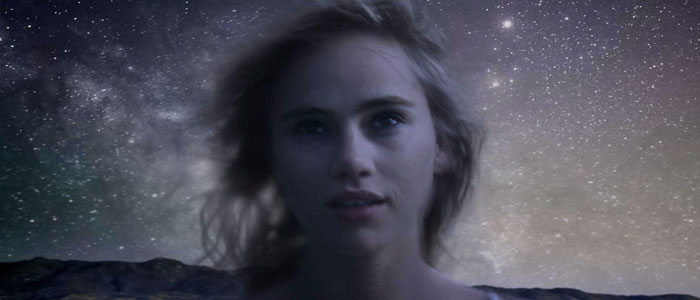
THE BAD BATCH
**½/****
starring Suki Waterhouse, Jason Momoa, Giovanni Ribisi, Keanu Reeves
written and directed by Ana Lily Amirpour
COLOSSAL
**/****
starring Anne Hathaway, Jason Sudeikis, Dan Stevens, Tim Blake Nelson
written and directed by Nacho Vigalondo
JACKIE
***½/****
starring Natalie Portman, Peter Sarsgaard, Greta Gerwig, John Hurt
screenplay by Noah Oppenheim
directed by Pablo Larrain
by Bill Chambers Three very different #TIFF16 films–a postapocalyptic cannibal western (The Bad Batch), a modestly-scaled kaiju eiga (Colossal), and a period docudrama (Jackie)–form a trilogy in my mind thematically linked by crestfallen female protagonists who discover reserves of strength in dire situations. The Bad Batch is the only one of these movies directed by a woman, though, and dare I say you can tell, not only in how the camera softly caresses Jason Momoa’s Olympian contours, but also in the way the framing and blocking of the heroine imply the constant peril of being a woman. Working through the neophyte filmmaker’s genre playbook, director Ana Lily Amirpour follows up her vampire movie A Girl Walks Home Alone at Night with this dystopian flick most reminiscent of the Australian strain in terms of vibe/aesthetics, what with its shantytown sets, symbolic names, and obligatory feral child. (The only thing missing is a car fetish.) Winsome Arlen (Suki Waterhouse) is exiled to the other side of some Trumpian fence in Texas with only the clothes on her back and a tattoo that identifies her as an undesirable (or bad batch). Almost immediately she’s dragged away to a cannibal camp, where they chop off her right arm. Missing a leg, too, by the time she escapes, she finds refuge–and prosthetic limbs–in the village of Comfort, whose denizens mostly give her space. Time and body-image issues stoke her desire for revenge, however, putting her on a collision course with Momoa’s Miami Man, a brilliant sketch artist who’s also a fearsome, unsympathetic consumer of human flesh.

